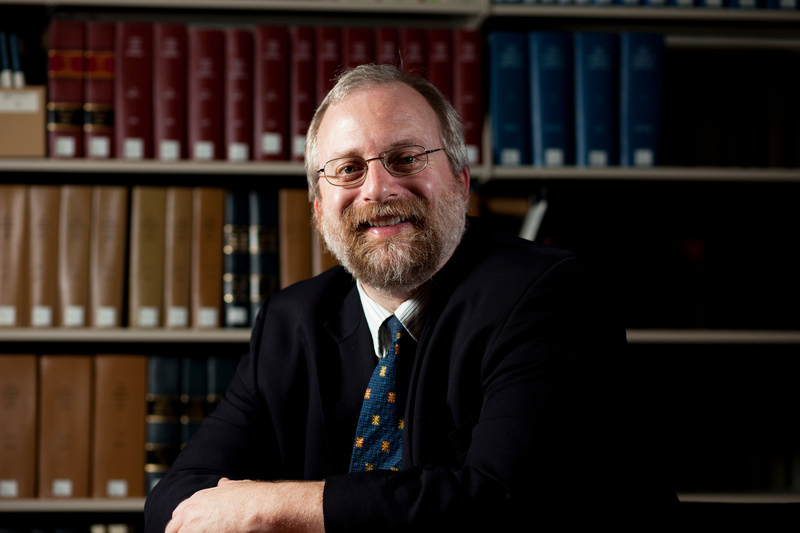
Two recently published research articles co-authored by law professor Gregory Sisk were the focus of a story by Reason about the increase in "Nones," or Americans who claim to have no religious affiliation, and its effect on rulings in establishment clause cases.
From the article: First, the not-so-surprising: just as the percentage of Nones in the general population has increased over the past few decades, so has the percentage of Nones among federal judges. The percentage of Nones among judges in Sisk and Heise's current study, which covers the years 2006-15, is 11.5%, double the percentage in their first study, which covered the years 1986-95. Nones are more likely to have been appointed to the bench by Democratic presidents (though Sisk and Heise point out that Nones also number among GOP-appointed judges), which is to be expected, given the comparatively prominent role secular Americans have in the Democratic Party.
In addition, although Sisk and Heise didn't observe a large effect in their study, Nones on the bench appear comparatively hostile to religious accommodations under the Free Exercise Clause. Perhaps Nones, who reject traditional religion, object to such accommodations as a form of special pleading, especially because – and this a final, unsurprising observation – Nones are comparatively unsuccessful when they themselves seek such accommodations in the courts. Nones have a success rate of 25% in such cases, Sisk and Heise report, while claimants from traditional religions have a success rate of 39%.







